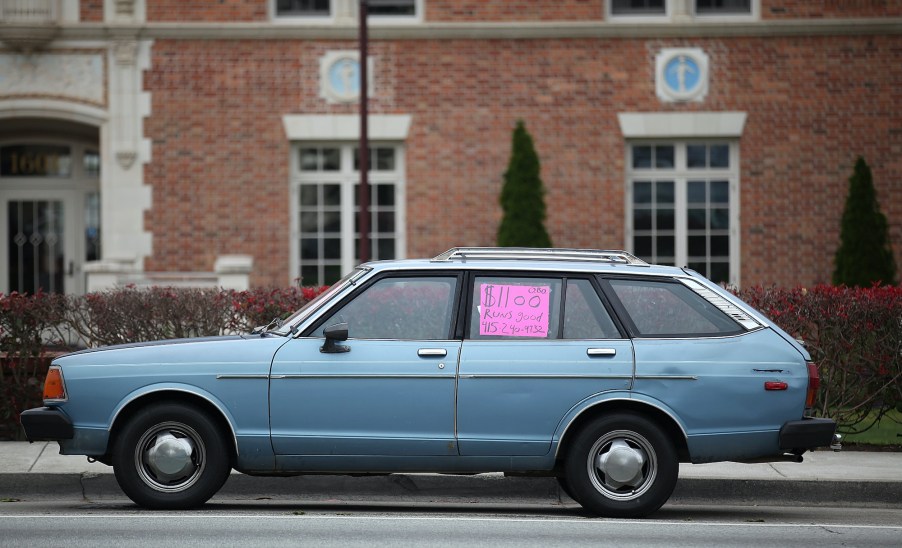
5 Important Tips For Buying a Car from a Private Seller
With used car prices reaching stratospheric levels this year, it’s a great time to buy a car from a private party as opposed to a dealer. A private seller doesn’t have the same pressure to make a profit, which can lead to you getting a much better deal in the end. However, there are some drawbacks to buying a car from a private seller.
For example, you won’t get a warranty on the car, so if it breaks, you’ll have to pay for the repairs. Also, financing the car with a private sale can be tricky. But if you decide to forgo buying a car from a dealer and paying a heftier sum, then here are some important tips that can help protect you when buying a car from a private seller.
1. Conducting thorough research is important

Since you’re buying a car for a private seller, you’ll have to do a lot of the research yourself. Credit Karma recommends that when you find a car that you like, make sure to check out sites like Kelley Blue Book and Edmunds to get a good idea of the car’s fair market value so you’ll know if the seller’s price is fair. You can also check out Craigslist and see how the car’s price stacks up compared to other similar cars in your area.
2. Gather as much information as you can about the car

Once you have figured out that the price of the car is good, now it’s time to gather as much information about it as possible. This part of the process includes:
- Obtain a vehicle history report: Be sure to check out Carfax or Autocheck and obtain a vehicle history report for the car. This report can alert you of any accidents, repairs, or maintenance that the car has received throughout its life.
- Request any service records: Ask the seller if they have any maintenance records during the time that they have owned the car. Many sellers may not have any, but it’s always good to ask since these records will clue you in to how well the car was taken care of.
- Ask the seller some questions: Try to find out more information about the car by asking the seller a few more questions. Ask them if they are the original owner or if there are any liens on the car. You can also ask them about any major repairs or recall work that’s been done during their time of ownership. You don’t need to interrogate the person, but asking as many questions as possible could save you some headaches later on.
3. Take the car on a really good test drive

After you get your barrage of questions answered, it’s time to go for a drive. During your test drive, make sure to drive the car on city streets and the freeway all while listening for any squeaks, rattles, or any other mysterious noises. You should also check the car’s steering response and brake feel, any wear in the steering or braking systems can lead to issues later on.
And while it’s easy to do a quick drive, it’s better to do a long one, if possible. If anything, a 20-30 minute test drive would be ideal.
4. Get the car inspected by a qualified mechanic

This tip is one of the most important parts when buying a used car from a private party. While you can look up history reports all day and test drive it to your heart’s content, a qualified mechanic will be able to tell you what’s really going on with it. If you don’t know of any mechanics in your area, we suggest checking out sites like Yelp or asking around to find a good one.
Any mechanic may charge you around $100 to $200 for a pre-purchase inspection, however, that could be money well spent whether the car turns out to be a lemon or not.
5. Negotiate on the car’s price before buying

After doing all of this legwork, you will now have an even better idea as to whether or not the seller’s price is fair. If you don’t feel that it is, then feel free to negotiate on the price to get it to where you think it is fair. You can bring up any issues that the mechanic found and use those to your advantage as well. Ultimately, you want to be able to get to a price where both parties are happy.
Buying a car from a private seller can be time-consuming, but it will save you money
Taking these aforementioned steps before buying a car from a private seller might be time-consuming, but it could be well worth it in the end. On one hand, you’ll ensure that you’re getting the best car for you at the best price possible. And on the other hand, if the car turns out to be a lemon, then you may have just saved yourself even more money in the long run.



